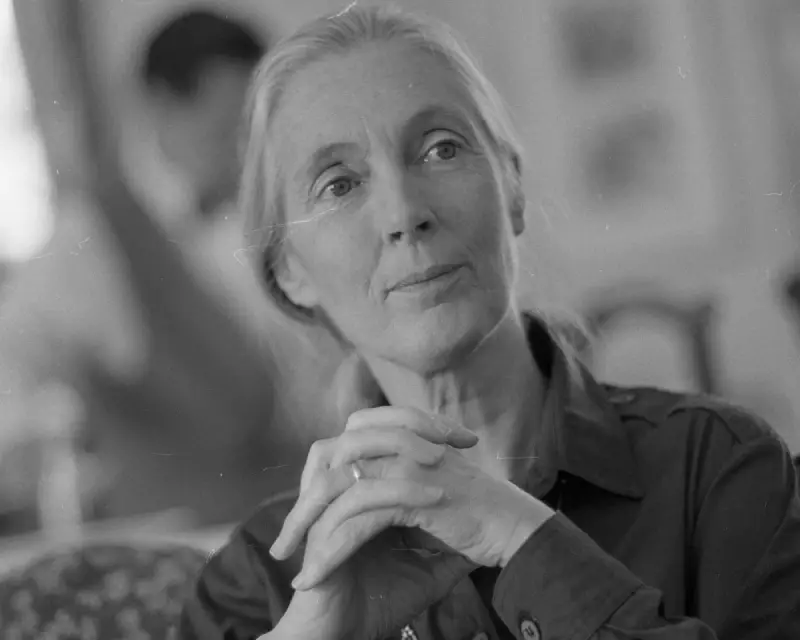
In a stunning revelation that challenges decades of conventional wisdom about primate hierarchies, Dr Jane Goodall's latest research demonstrates that chimpanzee alpha males achieve dominance through sophisticated social strategies rather than brute force alone.
The Surprising Truth About Chimpanzee Leadership
The pioneering primatologist's new findings, drawn from over six decades of observation at Gombe Stream National Park, reveal that the most successful alpha males employ what can only be described as political savvy. Rather than relying exclusively on physical intimidation, these leaders build alliances, offer comfort to distressed group members, and mediate conflicts.
"The chimpanzees who maintained their alpha status longest weren't necessarily the strongest or most aggressive," explains Dr Goodall. "They were the most intelligent, the ones who understood social dynamics and knew when to show kindness versus when to assert authority."
Intelligence Over Aggression
Goodall's research identifies several key traits shared by successful alpha males:
- Strategic alliance-building with both males and females
- Conflict resolution skills that maintain group harmony
- Selective aggression used sparingly and purposefully
- Social intelligence to read complex group dynamics
Implications Beyond the Forest
These findings have profound implications for understanding leadership dynamics across species, including humans. The research suggests that sustainable leadership requires more than dominance—it demands emotional intelligence and the ability to maintain social bonds.
"When we see a chimpanzee male who comforts a frightened juvenile or shares food with a lower-ranking individual, we're witnessing the foundations of what we might call compassion in humans," Goodall notes.
A Lifetime of Discovery
Now 91, Goodall continues to reshape our understanding of our closest living relatives. Her work at Gombe began in 1960 when she first documented chimpanzees using tools—a discovery that forced science to redefine what it means to be human.
Today, her research continues to challenge assumptions about animal intelligence and social complexity, reminding us that the natural world holds lessons about cooperation, conflict, and community that remain relevant to human societies.





